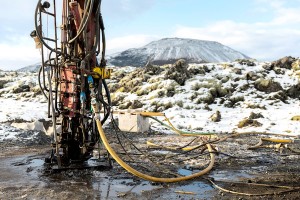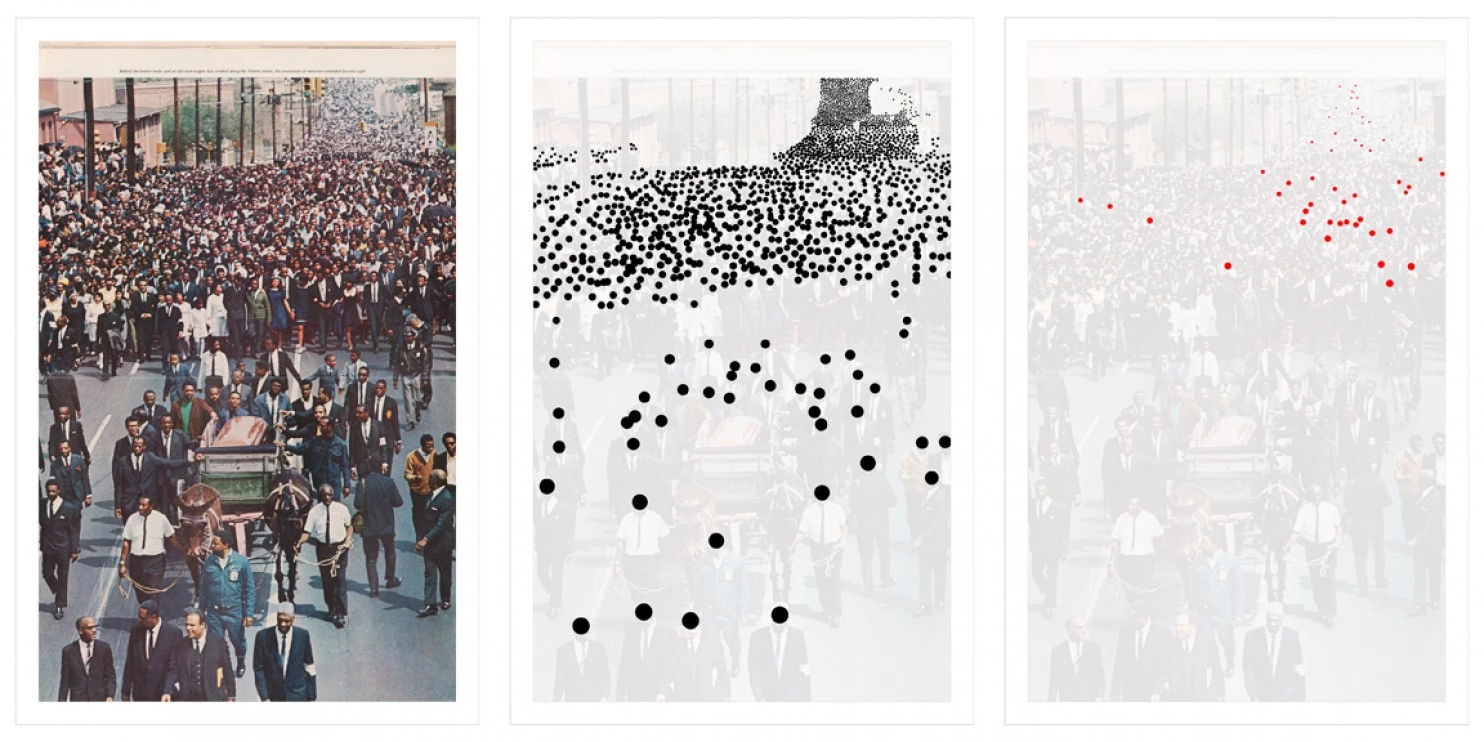“I’ve got kids. There is no certainty,” he said with exasperation not recently occurred to him. “Is that what I explain to them?”
 “Yes,” came the calm reply.
“Yes,” came the calm reply.
We’ve all seen them, the little openings to nowhere that occasionally slash the side of a new roadway or a newly-widened old one. They’re usually placed in front of cow pastures or other open space, then the bit of formed concrete suddenly gives way to dirt, grass, a ditch then a fence. Many, many of these will now go abandoned, giving a certain circular echo to the once-presumed opportunity in the emptiness. What they are – what they were – are placeholders for a future entrance to a development that is not there yet but one day will be. The one day that’s coming when we will call these relics ‘green markers’ or ‘option stops’ or some such term indicative of the serious moment that crops up when we temporarily get post-irony, again. ‘Starting in the low 300’s’ indeed.
Some might say that one day is here; no one made the announcement but this dog whistle sounds a lot like the trillion-dollar insurance company investment we and our adjacent progeny all just made. These little ciphers in the road to our past should be memorialized as markers for our stupidity, little DOT-sanctioned homages to the greed that once controlled how and where we once lived. I use the past tense because they are over. Finit-O®.
Though this is the end to neither greed nor stupidity. So stipulated. It is only the end of the way this powerful combination once dictated how we lived. Suburbs, gated enclaves only accessible by private vehicle and situated far from an interaction with and vulnerability to other people – also known as life – are things of the past.
Yes, come and play Finit-O®, that fun game where we bid farewell to an entire set of tenets and beliefs predicated on short-term individual comfort but revealed as the path to long-term collective agony, celebrated with curb openings to non-existent suburbs and lionized beneath crumbling gates to exclusivity and literal isolation. And these are not just funparks but monuments to serve as a constant reminder of the greed and stupidity that permitted us to forget our priorities in good times, to elect and re-elect those for whom pillaging earth and man was a preference. Ah, look familiar? That’s because it’s already been different for a while as we’ve entered the end of the beginning of the end… of the beginning. (Almost had you there! Everyone wants to KNOW.) We’re even becoming wise to many of the shades of green.
So… who’s in charge of this grand transition, you might ask? Mobile one to home base – come in, home base.
*I was looking for something from 2008 and found this, which I enjoyed and hope you do, too. I think it’s part of one of the columns, or perhaps clutter form the cutting room floor.
Oh, and RIP (1/20/15) Edgar Froese (the image is from the cover of his 1974 album, Aqua) and Happy Birthday to Virginia Woolf (1/25/1882).
Millions of gallons of oil flooded the Gulf of Mexico every day — for 87 days. The biggest accidental oil spill ever. Five years later the effects of the Deepwater Horizon blowout still endure




 In a test that began in 2012, scientists had injected hundreds of tons of water and carbon dioxide gas 1,500 feet down into layers of porous basaltic rock, the product of ancient lava flows from the nea
In a test that began in 2012, scientists had injected hundreds of tons of water and carbon dioxide gas 1,500 feet down into layers of porous basaltic rock, the product of ancient lava flows from the nea


